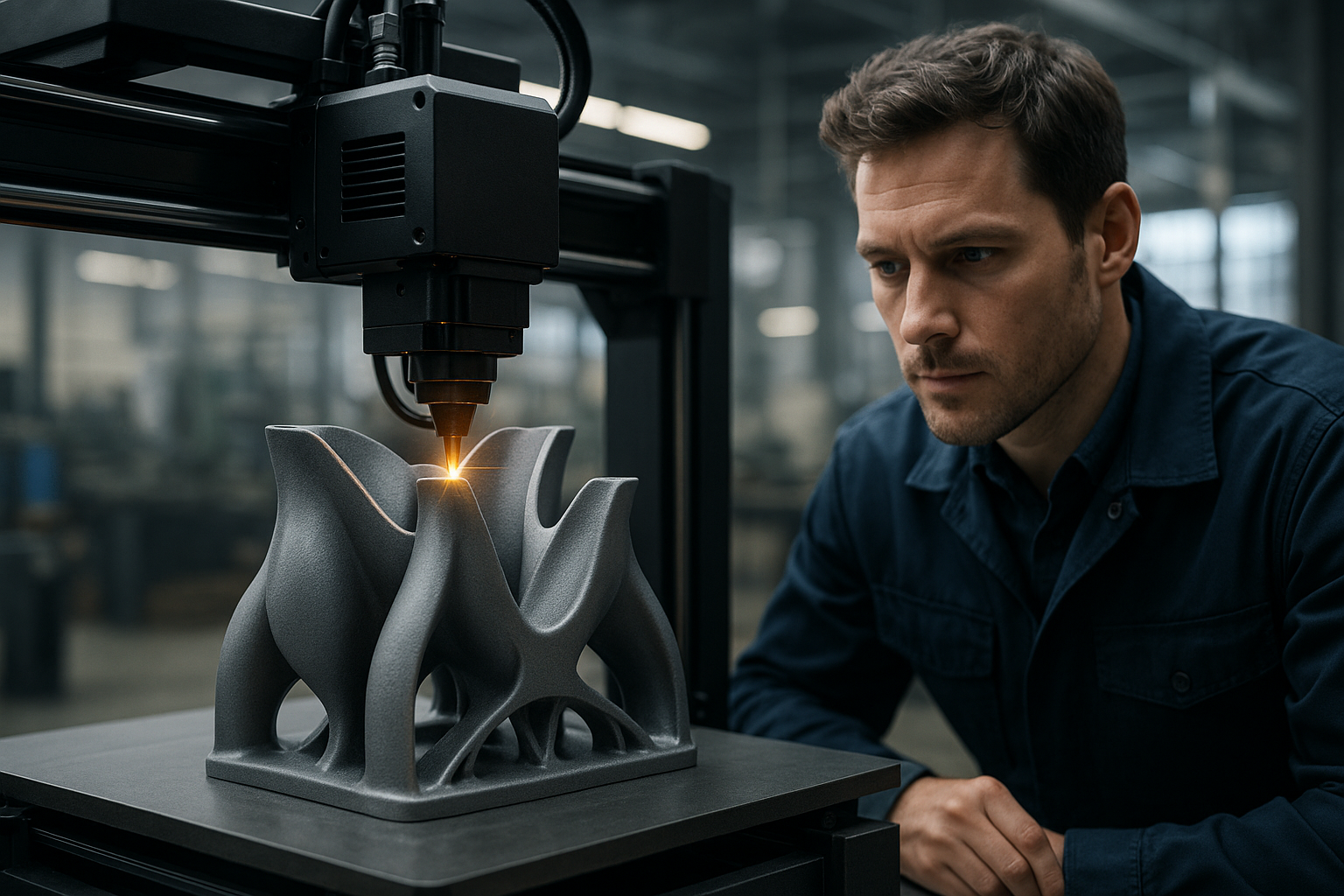Mechanical Engineer Training: What to expect and how this type of program is structured
Mechanical engineer training can attract those interested in innovation, machinery, and design. In Germany, this sector continues to evolve with opportunities to gain experience in areas like manufacturing, systems, and product development. Discover more inside.

What does mechanical engineer training entail?
Mechanical engineer training is a comprehensive educational journey that typically begins with a bachelor’s degree in mechanical engineering. This foundational program usually spans three to four years and covers a wide range of subjects, including mathematics, physics, thermodynamics, materials science, and computer-aided design (CAD). Students can expect a blend of theoretical coursework and practical laboratory sessions, providing a solid base for understanding mechanical systems and principles.
In Germany, mechanical engineering programs are known for their rigorous curriculum and strong emphasis on practical application. Universities and technical colleges (Fachhochschulen) offer programs that combine classroom lectures with hands-on projects, internships, and sometimes cooperative education experiences with industry partners. This approach ensures that students not only grasp theoretical concepts but also develop the practical skills necessary for real-world engineering challenges.
How are technical education programs structured in Germany?
Technical education programs in Germany, particularly in mechanical engineering, are structured to provide a comprehensive and industry-aligned learning experience. The typical structure includes:
-
Foundation courses: These cover fundamental subjects like mathematics, physics, and basic engineering principles.
-
Specialization modules: As students progress, they can choose specialized areas within mechanical engineering, such as automotive engineering, robotics, or energy systems.
-
Practical projects: Many programs incorporate project-based learning, where students work on real engineering problems, often in collaboration with industry partners.
-
Internships: Mandatory internships are a common feature, allowing students to gain practical experience in industrial settings.
-
Thesis or final project: Most programs culminate in a bachelor’s or master’s thesis, where students demonstrate their ability to apply their knowledge to a complex engineering problem.
This structured approach ensures that graduates are well-prepared for the demands of the engineering workforce, with a balance of theoretical knowledge and practical skills.
What engineering skill development opportunities are available?
Engineering skill development is a cornerstone of mechanical engineer training in Germany. Programs focus on cultivating a range of skills essential for success in the field:
-
Technical skills: Proficiency in CAD software, simulation tools, and programming languages is emphasized throughout the curriculum.
-
Problem-solving abilities: Students are consistently challenged with complex engineering problems to develop analytical and creative thinking skills.
-
Project management: Group projects and internships help students learn to manage timelines, resources, and teamwork effectively.
-
Communication skills: Presentations, technical writing, and collaborative projects enhance students’ ability to convey complex ideas clearly.
-
Industry 4.0 competencies: With the rise of digitalization, many programs now include training in areas such as data analysis, artificial intelligence, and smart manufacturing.
Additionally, many universities offer extracurricular opportunities like engineering competitions, research projects, and student organizations that further enhance skill development and networking.
What does mechanical systems training involve?
Mechanical systems training is a crucial component of mechanical engineering education, focusing on the design, analysis, and optimization of various mechanical components and systems. In Germany, this training typically includes:
-
System dynamics and control: Understanding how mechanical systems respond to inputs and how to control their behavior.
-
Fluid mechanics and hydraulics: Study of fluid behavior and its applications in mechanical systems.
-
Thermodynamics and heat transfer: Essential for designing energy-efficient systems and thermal management.
-
Materials science and selection: Learning about material properties and choosing appropriate materials for different applications.
-
Manufacturing processes: Understanding various manufacturing techniques and their impact on product design.
-
Mechatronics: Integration of mechanical, electrical, and computer systems, reflecting the interdisciplinary nature of modern engineering.
Practical laboratory sessions and industry visits complement theoretical learning, allowing students to see mechanical systems in action and understand their real-world applications.
How can one pursue a career path in engineering in Germany?
Pursuing a career path in engineering in Germany offers numerous opportunities for growth and specialization. The typical trajectory includes:
-
Bachelor’s degree: A 3-4 year program in mechanical engineering or a related field.
-
Internships: Often completed during studies or immediately after graduation to gain practical experience.
-
Master’s degree (optional): Many students choose to pursue a master’s degree to specialize further or enhance their career prospects.
-
Entry-level position: Graduates often start in roles such as design engineer, production engineer, or research and development engineer.
-
Professional development: Continuous learning through workshops, certifications, and industry conferences is common and often supported by employers.
-
Career advancement: With experience, engineers can move into senior technical roles, project management, or leadership positions.
-
Professional recognition: Joining professional organizations like the Association of German Engineers (VDI) can provide networking opportunities and further career support.
Germany’s strong manufacturing sector, innovative automotive industry, and growing renewable energy field offer diverse career paths for mechanical engineers. The country’s emphasis on research and development also provides opportunities for those interested in pushing the boundaries of engineering innovation.
In conclusion, mechanical engineer training in Germany offers a robust foundation for a successful career in engineering. With its structured programs, focus on practical skills, and strong industry connections, German engineering education prepares students to tackle the complex challenges of modern mechanical systems and contribute to technological advancements across various sectors.




